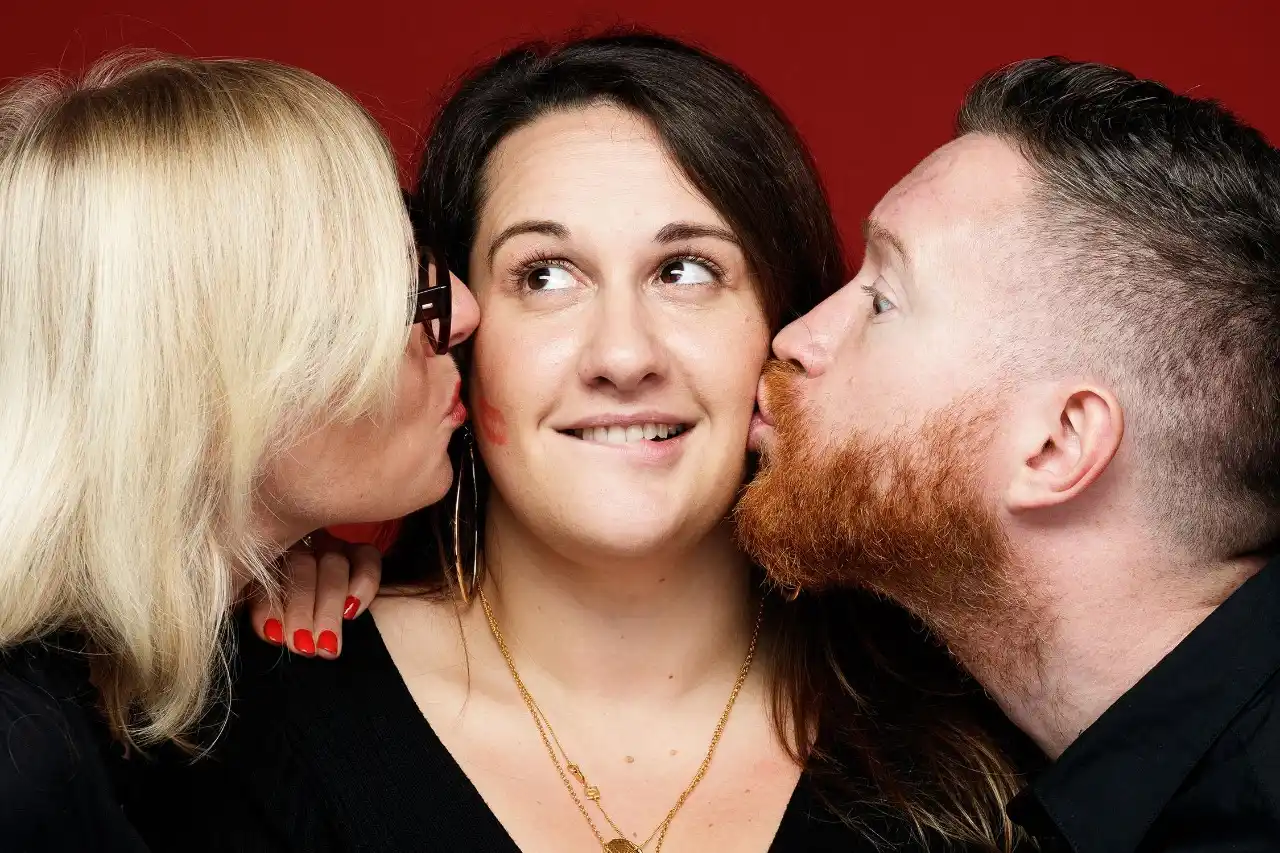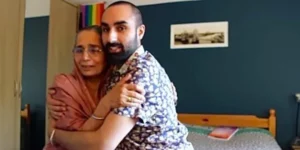A sexual orientation is not a disease. Attempting to cure homosexuality and bisexuality is like trying to cure having red hair. One can mask having red hair with dye and one can mask homosexuality and bisexuality by acting straight, but one does not cure homosexuality, bisexuality or red hair.
Unlike diseases that need to be treated or cured, one’s sexual orientation does not need treatment. A homosexual and a bisexual does not need to be cured any more than a heterosexual needs to be cured of being straight. As early as 1935, Sigmund Freud wrote the mother of a homosexual man saying,
“Homosexuality is assuredly no advantage. But it is nothing to be ashamed of, no vice, no degradation, it cannot be classified as an illness.“
The Indian Psychiatric Society’s (IPS) position is that gay and bisexual people are not mentally ill. This is because of their sexual orientation and do not need treatment for their sexual orientation.
Gay and bisexual people are good parents and do not need to change their sexual orientation to be parents. Studies also show that the children of gay and lesbian parents are not qualitatively different than the children of straight parents.
No “rigorous” scientific studies show the benefits of therapy aimed at changing a gay person’s sexual orientation.
“Based on existing scientific evidence and good practice guidelines from the field of psychiatry, the Indian Psychiatric Society would like to state that there is no evidence to substantiate the belief that homosexuality is a mental illness or a disease,” said the statement by IPS president Dr T V Asokan and general secretary N N Raju.
Some risks of therapy that attempts to change a gay person’s sexual orientation include the following:
- Depression
- Anxiety
- Self-destructive behaviour
How did conversion therapy get started?
The desire to turn gay people straight goes way back. In 1920, Sigmund Freud wrote of a lesbian patient whose father wanted to see her converted to heterosexuality. Freud echoed modern psychologists by responding that changing sexual orientation was difficult and unlikely. He offered to see the woman anyway, but later broke off the therapy due to her hostility. In 1935, Freud went even further, writing to a woman who wanted her homosexual son converted. He wrote that homosexuality “is nothing to be ashamed of, no vice, no degradation; it cannot be classified as an illness.”
Other psychologists throughout the early mid-1900s believed homosexuality could be changed and recommended a variety of treatments. One of the stranger attempts was an effort by Viennese endocrinologist Eugen Steinach to transplant testicles from straight men into the scrotums of gay men in an attempt to rid them of same-sex desires. It didn’t work.
One of the most prominent advocates of conversion therapy in the 1940s and 50s was Edmund Bergler. He saw homosexuality as a perversion and believed he could “cure” gay people with a punishment-based, confrontational therapy style. [Coming out as gay: When my parents tried to cure me]
5. Okay, but what about that one study that found conversion therapies work?
Groups that promote conversion therapy often point to a single study to support their work. In 2003, famed psychiatrist Robert Spitzer, who spearheaded the removal of homosexuality from the American Psychiatric Association’s mental disorder list in 1973, reported in the journal Archives of Sexual Behavior that interviews with conversion therapy patients suggested that some people could change their sexual orientation.
The paper was incendiary and highly criticized, given that it relied on interviews with patients instead of measurable benchmarks of same-sex desires. Conservative groups were delighted to have support from Spitzer, who wasn’t tainted with religious bias or anti-gay ideology; gay organizations felt betrayed.
In the end, however, Spitzer came to agree with his critics. However, there was no way to confirm that what his interviewees said was true. He wrote in 2012 to the editor of the journal Archives of Sexual Behavior. The study, he said, was fatally flawed.
“I believe I owe the gay community an apology for my study making unproven claims of the efficacy of reparative therapy,” Spitzer wrote.




2 thoughts on “Can homosexuality and bisexuality be cured?”